Hey there everyone, and welcome back to my recently ‘energetic’ blog!
Yes, that’s right, I made a ridiculous pun.
If you’ve been following the blog this year, you’ve realised I’ve been a recent environmental slant these days. I’ve always been interested in science and the environment, and I’m incredibly proud of British Columbia (abbreviated BC by all Canadians!) for its forward-thinking policy towards renewable energy.
Chatting with my girlfriend, who is from Germany, I also realised how unique BC is, so I wanted to share a little about my home.
Whitewashingとは?
Last time, I ended on a bit of a negative note, listing some of the downsides of hydroelectricity. If there’s one thing that really annoys me, it’s bias, or prejudice. When you’re presenting a topic, you should always present all sides of the topic, both positive and negative. If you only present the positive aspects of something, this is known in English as whitewashing.
Whitewashing is particularly prevalent in the environment and science fields. Too often, people will only consider the positive aspects to support their work. Then, when the negative aspects come out later, there is even more backlash, because the negative aspects had been hidden.
メリットと同時にデメリットにも目を向ける大切さ
So, I make no claims that I’m unbiased: I’m heavily biased towards hydroelectricity as an excellent source of clean electricity. But, being biased won’t stop me from being fair, and presenting all sides.
I mentioned a few of them last time, but there are numerous downsides to hydroelectricity. One of the most often cited is habitat destruction. There’s no getting around it: building a dam necessitates the flooding of a large area to form a reservoir. This destroys habit, both for humans and other organisms. It also releases greenhouse gasses as the vegetation in the flooded area decomposes.
So, does that mean that hydroelectricity is bad? Of course not! Remember that the most common alternative to hydroelectricity is burning fossil fuels like coal or oil.
I think it goes without saying, but I’ll say it anyway. Producing fossil fuels like coal and oil result in significantly more destruction of habitat. Coal mines are massive operations which wreak permanent damage to mining sites. The same goes for oil. While they’re certainly less destructive than the open-pit mines required of coal extraction, oil drilling, especially the fracking procedures becoming more prevalent today, are incredibly resource and land intensive.
I could go on and on with this topic, and I will, but next time! In fact, I’ve got some packing to do, since I’m finally returning to Japan after 2 long years of being away during the COVID-19 pandemic. I can’t wait to safely return to my home, and I’ll be writing from my favourite place in the world next time! See you next time everyone.

日本の小中学校で英語を教えるALT講師Nic先生は非常にユーモラスな先生です。台湾でも英語を教えていました。どこでも適応できるのがNic先生が自慢ができること。「肉先生」と読んで欲しいとたまに呼びかけられるかもしれません。こんなコミカルで愉快なNic先生から楽しく英語指導を受けませんか?
座右の名”The grand essentials to happiness in this life are something to do, something to love and something to hope for.”
※このブログでは英語学習に役立つ情報アドバイスを提供していますが、本ブログで提供された情報及びアドバイスによって起きた問題に関しては一切、当方やライターに責任や義務は発生しません。
※ここでの情報や助言を参考に英文を書いたり下した判断は、すべて読者の責任において行ってください。ここに掲載されている記事内の主張等は、個人の見解であり当社の意見を代弁・代表するものではありません。
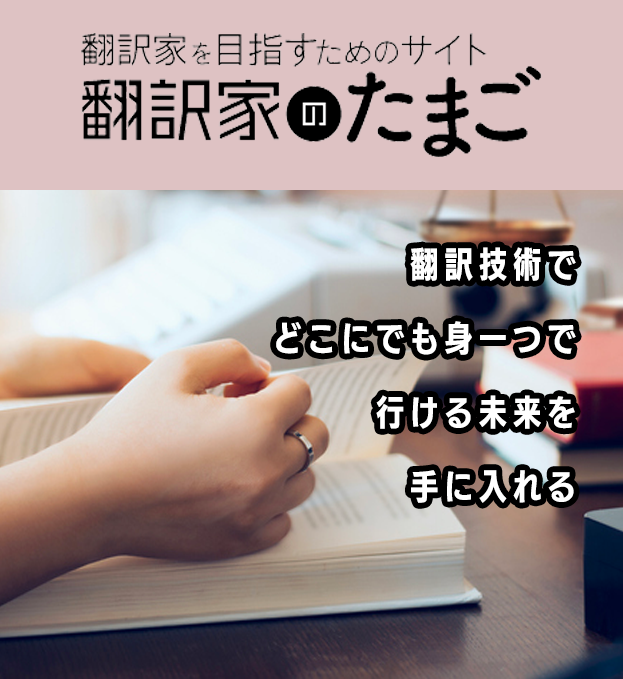





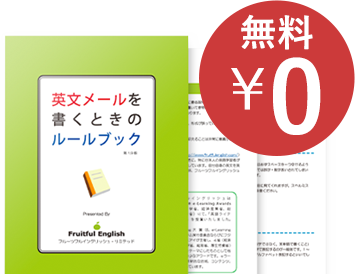
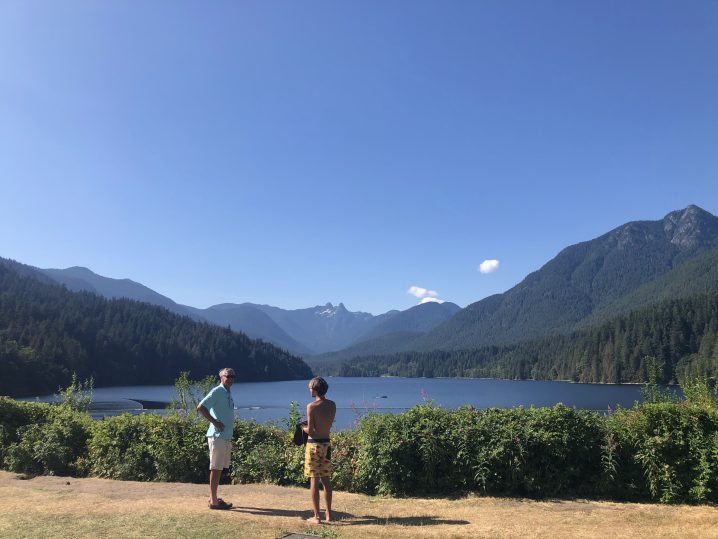

 (7 イイネ!が押されています)
(7 イイネ!が押されています)




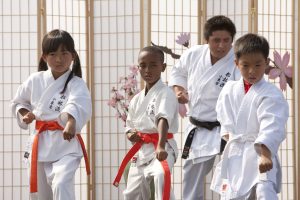
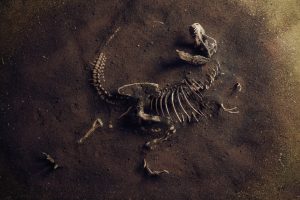








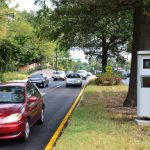








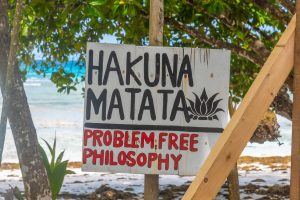

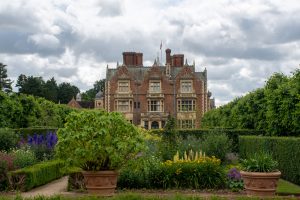


コメントする